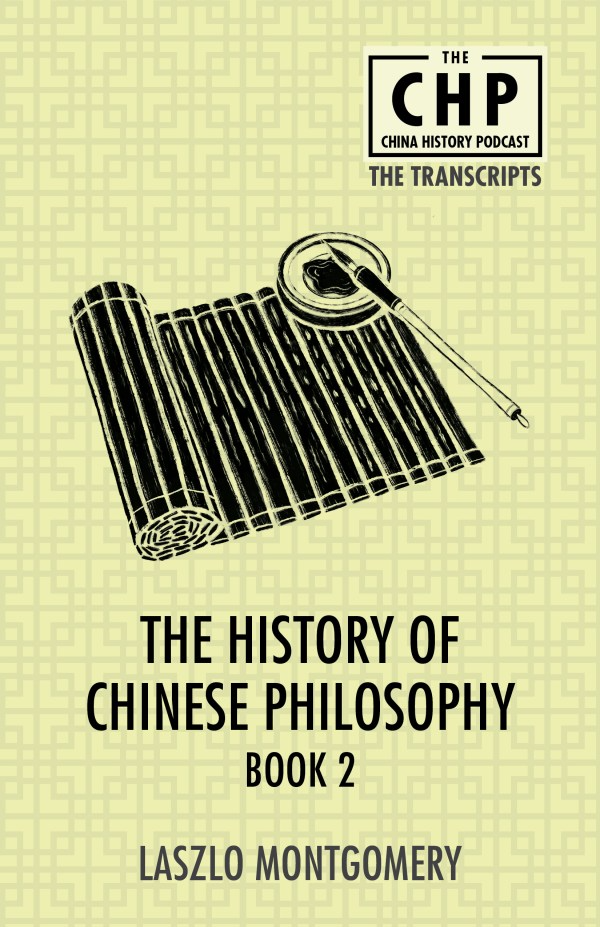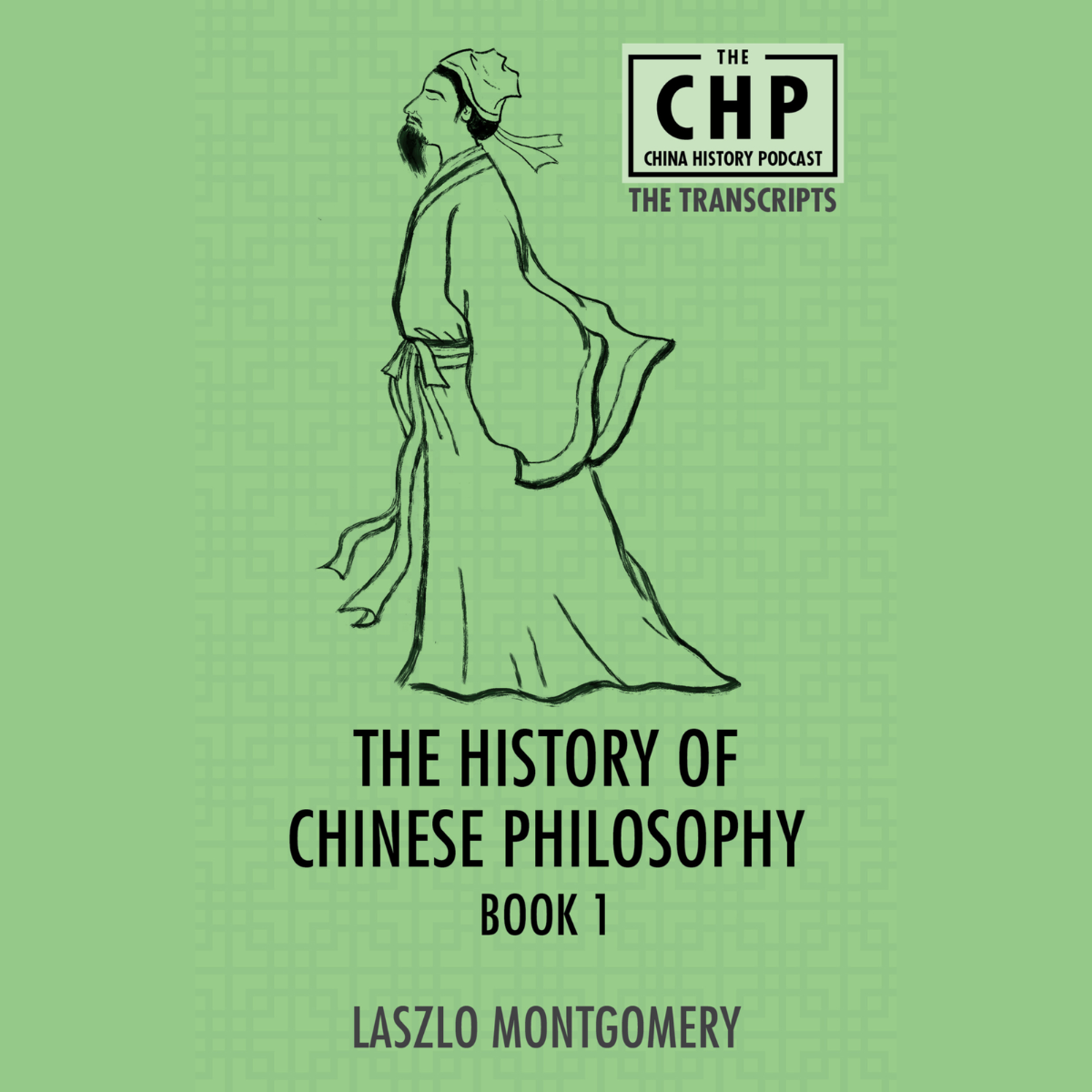Ep. 187 | The History of Chinese Philosophy (Part 4)
Laszlo is back on track, picking up where we left off in Part 2 following the death of Master Kong in 479 BCE. A lot happened in the world of Chinese philosophy right after Confucius passed. He had both disciples who carried on his teachings, and naysayers who pointed to flaws in this Ru School of philosophy and offered an alternative kind of thought.
As the countdown to the milestone year of 221 BCE gets nearer, a hundred schools of thought contended like never before, each offering their solutions to the tumultuous and bloody times of the latter half of the Eastern Zhou dynasty.
Listen On Your Favorite Podcast Player
Terms in Episode
| Pinyin/Term | Chinese | English/Meaning |
|---|---|---|
| Bà | 霸 | A Hegemon, the leader of feudal lords during the Zhou era |
| dé | 德 | Morality |
| Dǒng Zhòngshū | 董仲舒 | Advisor to the Han Emperor Wu 179-104 BCE and a champion of Confucianism |
| gōng | 功 | Efficiency in needlework |
| Hán Fēi | 韩非 | Legalist philosopher 280-233 BCE |
| Hóngwǔ Emperor | 洪武帝 | The Ming Dynasty founder and not a fan of Mengzi |
| Jié | 夏桀 | The venal last king of the Xia Dynasty who may have lived 1728-1625 BCE |
| Jìxià Academy | Jìxià Xué Gōng | School setup in 318 BCE by Qí Xuān Gōng |
| Lǐ Sī | 李斯 | Legalist philosopher 280-208 BCE |
| Lǔ | 鲁国 | Neighboring state to Qi in Shandong Province. Qi to the north, Lu to the south. |
| Mèng Kē | 孟轲 | Mengzi, who lived 372 to 289 BCE |
| Mèng Mǔ | 孟母 | 母 means mother. Mèng Mǔ means Mengzi's mother |
| Mèng Mǔ Sān Qiān | 孟母三迁 | Mengzi's mother moved three times (to find the perfect place to raise her son) |
| Mèngzǐ | 孟子 | Confucian philosopher who lived from 372-289 BCE |
| Mò Dí | 墨翟 | He said all you need is love. He lived 470 to 391 BCE |
| Mòzǐ | 墨子 | Philosopher who lived 470-391 BCE. Confucius's first naysayer |
| Qí Xuān Gōng | 齐宣公 | Ruler of Qi State from 455-405 BCE |
| Qín | 秦 | First a Warring State and later a short-lived but influential dynasty 221 - 206 BCE |
| róng | 容 | Physical charm |
| Rú | 儒家 | The Chinese term for Confucianism |
| Shāng | 商朝 | First dynasty in China for which there is archaeological proof. Ran from roughly 1600 to 1046 BCE |
| Sòng | 宋国 | Zhou era state in eastern Hénán and a tad of Western Shandong |
| Sān Cóng Sì Dé | 三从四德 | The Three Obedience’s and the Four Virtues |
| Tiān | 天 | Heaven |
| Western Zhōu | 西周 | First half of the Zhou Dynasty, lasted 1046-771 BCE |
| Wáng | 王 | A surname that means King |
| Wáng Yángmíng | 王阳明 | Ming era scholar-statesman-general-philosopher 1472-1529 |
| Xìng Shàn | 性善 | The theory of Mengzi that people are by nature good |
| Xún Kuàng | 荀况 | Also known as Xunzi, lived 313 to 238 BCE |
| Yuán Mù Qiú Yú | 缘木求鱼 | Mengzi's advice to Qi Xuan Gong that conquering his neighbors was like climbing a tree to catch a fish |
| yán | 言 | Propriety in speech |
| Yáng Zhū | 杨朱 | Zhou era philosopher 440-360 BCE |
| Yáo | 尧 | The legendary Sage King who may have lived from 2356-2255 BCE |
| Yì Jīng | 易经 | The I Ching or Book of Changes |
| Yùzǐ | 鬻子 | Pre-Confucian philosopher who served the first Zhou kings |
| Yǔ the Great | 大禹 | Founder of the Xia Dynasty |
| Zhòu Xīn | 商纣辛 | The equally venal final king of the Shang Dynasty, 1075-1046 BCE |
| Zōu | 邹国 | Tiny state in SW Shandong that bordered Lǔ to the south |
| Zǐ Sī | 子思 | Lived 481-402 BCE - Grandson of Confucius, teacher to Mengzi and Confucianism's most famous disciple |









Here we begin a two-part overview on Daoism, starting with Lao Tzu.